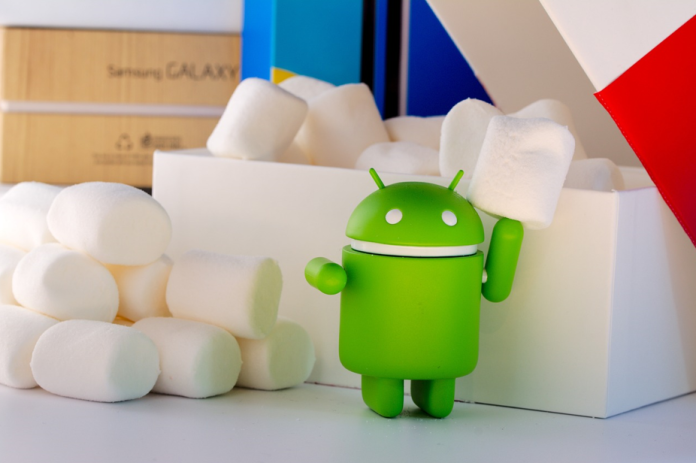Although Western markets like to pit Android and iOS against each other, the truth is that there is only one winner. Android mobile devices have been more popular globally for decades.
However, despite Apple rising to the top of the smartphone industry and generating enormous profits that dwarf any other tech company, they pail in comparison to Android phones on a global scale and make up less than 30% of the global market. So, what’s behind this domination, and why have Android devices retained such a substantial lead over their rival mobile operating system? Here are three key reasons.
#1 – A Cost-Effective Model
While many smartphone users prefer iOS regarding security and privacy, Android devices have a track record and reputation of being much more affordable. Although the cost isn’t as evident in Western countries like the UK and the US, where there’s less of a disparity between the number of Android and iOS users, Android dominance in markets outside of Europe has meant that it’s been able to establish itself as the dominant operating system.
Mobile phones became essential to our daily living toward the latter stages of the noughties. While many iOS fans were mesmerized by the incredible changes that Apple enacted, Android users were happy to offset the costs.
Within a short timeframe, mobile phones went from intriguing devices where we could set up ringtones or send a text to all-encompassing brands that allowed us to do our mobile banking, shop, and even play casino games without leaving the comfort of our homes.
The rise of digital gambling highlighted just how mobile-centric our world was set to become, establishing itself as a worthy challenger to an industry that had been active for the best part of 200 years. Online casino games spearheaded this change, and with a growing number of gambling platforms aiming to establish themselves in the market, those mobile devices that worked based on the Android operating system were able to offer a facility for people to use their mobile phones for casino gaming, and other parts of their day to day, for a fraction of the cost of iOS devices.
#2 – Dominating The Asian Market
Although iOS devices have a marginal lead over Android in the UK and US markets, their dominance in India and China is staggering. Obviously, the Android operating system’s dominant mobile market share in the world’s two most populated countries explains why the global figures are so skewered in their favor. Some of China’s top tech companies have significantly impacted the Indian market, which has helped strengthen Android’s global dominance.
Google recently found itself in hot water with Indian regulators because of the way they have been operating within the Indian market and the fact they have become such a monopolizing force. Around 95% of mobile devices used in India are estimated to use Android.
While the figures aren’t as one-sided in China, over three-quarters of mobile users are Android devices. Once you combine the population of both countries, around 2.8 billion, it becomes pretty clear why Android is miles out in front, dominating the global mobile device market.
#3 – Flexibility
Perhaps the most significant contrast between Android and iOS is the flexibility Android offers users who want to customize their devices and install kernels and modifications. Apple’s watertight security has become famed in the industry, but it’s also meant that they’ve put themselves in a relatively rigid, tight framework. While the devices might have this reputation, several highly rated Android devices harness the system, helping people access home security cameras like the Google Nest while on the move.
This is both a blessing and a curse. Apple devices have an advantage for users who are simply looking to use their phone for basic needs and don’t have much of an opinion on customization.
But Android users aren’t locked into a box, so to speak. For instance, they can download apps from third-party sources rather than solely going through the App Store like iOS devices have to.
Whether you see this as a positive or a negative, there’s no disputing that this is a key reason why users seek out Android devices, especially those looking to build or shop around for third-party apps.
Final Thoughts
It boils down to dominating key markets and low costs—the two reasons Android continues to reign supreme internationally. Sure, flexibility plays some part, but for the majority of consumers, it’s all about keeping costs down. Android and iOS both have advantages and disadvantages.
Still, for those looking to stay within a budget, Android offers a somewhat similar experience to what you’ll find on iOS devices, but for a fraction of the price. Many consumers will buy Apple because of their brand, but for cost and flexibility, there’s a reason Android has such a substantial market share.




